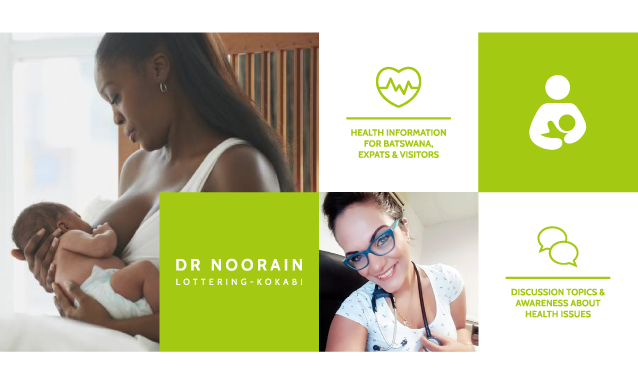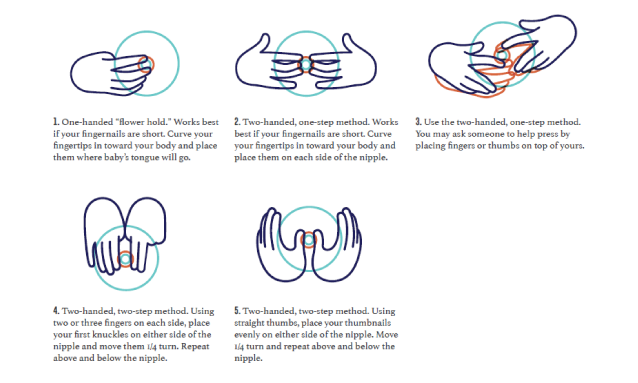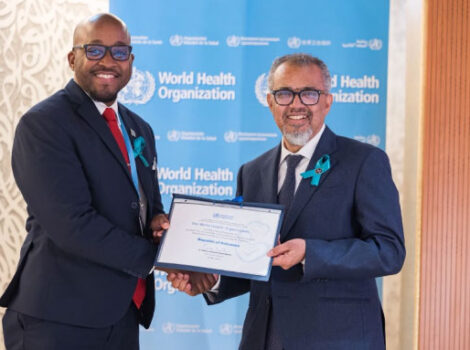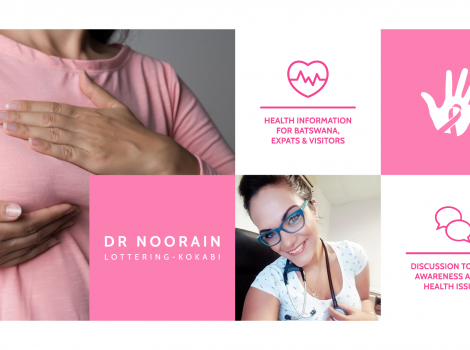
One of the most magical moments in a woman’s life is when she has had a baby after growing her baby for a long nine months. She now gets to nourish her new baby with the incredible sustenance that her miraculous female body produces – breast milk. Literally within moments of this new little human being born into the world, the new mother has milk ready for her new baby to suckle.
Let us explore this miracle of life and understand why it is so important
Breast milk is the best source of nutrition for a baby, these nutritious qualities include:
- Live cells – help your baby’s organs to develop and mature
- Protein – helps your baby to grow and activate her immune system to fight diseases
- Antibodies – help protect your baby against illnesses and infections
- Complex sugars – which act as probiotics for your baby’s digestive system
- Enzymes – help your baby’s digestion and immune system
- Vitamins & Minerals – help your baby’s growth and build strong teeth and bones.
Another unique characteristic of breast milk is that its composition changes over time in order to adjust to your baby’s needs as the baby grows.
Apart from having this remarkable composition, breastfeeding has many other benefits for mummy and baby.

Breastfeeding benefits to baby
- The skin to skin touch intensifies the bond with mummy and makes the baby feel more secure
- The composition is the ideal nutrition
- Lowers baby’s risk of developing asthma or allergies
- Fewer ear infections, respiratory illness and diarrhoea
- Has been linked to higher intelligence in childhood
- Reduces the risk of sudden infant death
Breastfeeding benefits to mummy
- Breastfeeding enables mummy to lose pregnancy weight faster as it burns calories
- During breastfeeding, a hormone called oxytocin is released which not only helps with bonding but helps the womb return to its normal size and reduces bleeding
- Saves time and money
- Pure undivided attention with your new baby allowing for bonding

It truly is incredible how significant the bond of breastfeeding is. Apart from the skin on skin interaction that includes soft touches, kissing caressing. During breastfeeding, your new baby is close enough to be able to fully see you (even though it is only in shades of black and white until about 3 months) and hear you as its hearing is fully developed.
So whether you talk about what a day you have had, the weather or sing a lullaby, your newborn hears you, feels you as you gently tickle its chin and sees you. All of this is vital to your baby’s future social skills. Additionally, your new baby is bonded to you by your scent. From the moment your baby is born, oil is secreted from the nipple that your baby can smell, so when you cuddle your baby, it smells this familiar scent and knows that this is “mummy”. In fact, this scent is what helps babies distinguish between other people and mummy. Truly magical!
While breastfeeding has so many benefits and significance it is not without some complications, some mild, some a little more complex but all of which must be dealt with as soon as symptoms develop.
The most common breastfeeding complications include:
- Sore and cracked nipples – treat with warmed coconut oil or organic nipple creams (if raw & open visit GP)
- Painful full breasts – treat with warm compression and gentle massages
- Fever & hot, red and painful breasts – see a GP as soon as possible as antibiotics are needed
It is important to remember that every mother and baby is different and sometimes breastfeeding may prove to be a challenge or not possible at all. This is no reflection or a failure of the mother; just a challenge that can be overcome by using available alternatives such as approved formula instead. For the mummies out there, if you have questions or challenges, reach out to your nurse, lactation specialists or doctors for all the help your need.
By YourBotswana writer:
Dr. Noorain Lottering-Kokabi, BMSc, MBBS (UWI MONA)
Born in May 1989, Dr Noorain hails from Gaborone Botswana. She completed her Pre-Med at the University of Botswana and went on to attain her BMSc and MBBS degrees at The University of The West Indies in Kingston Jamaica.
Having practised medicine in both the Caribbean and Botswana, she has been exposed to an array of conditions and ailments that have in turn widened her scope of expertise. She is also involved in multiple philanthropic projects that aim to equip youths with relevant life skills and tools they need throughout their lives.
A young, diligent, enthusiastic professional with a formidable hunger to continuously seek further knowledge, both in alternative and modern medicine, Dr. Noorain aims to better the healthcare in the communities she serves.
She currently works in community health providing first line care for the community as a whole. Her current position has enabled her to manage both common and complex cases. These cases range from the common cold/flu, bites to mental health, uncontrolled diabetes, hypertension, tuberculosis and HIV (along with the associated complications). Having worked in the Caribbean, Dr. Noorain is very familiar with the treatment of tropical diseases and severe symptoms that may arise from such diseases.
Dr. Noorain provides quality outpatient care ensuring that her patients are fully educated on their respective illness. After all a patient that is well educated on their illness is more likely to comply with medical protocols and prevention strategies, hence reducing potential mortality and morbidity statistics, which reflects a healthy and happier Botswana.
Dr Noorain is a young, career driven, passionate, culturally and medically diverse professional. She is excited about her collaboration with YourBotswana, hoping to use the platform to educate citizens and visitors alike on current health issues in Botswana.




Hi!, do you by any chance know where I can find mothers milk tea in Botswana, or any tea to help increase breast milk production?